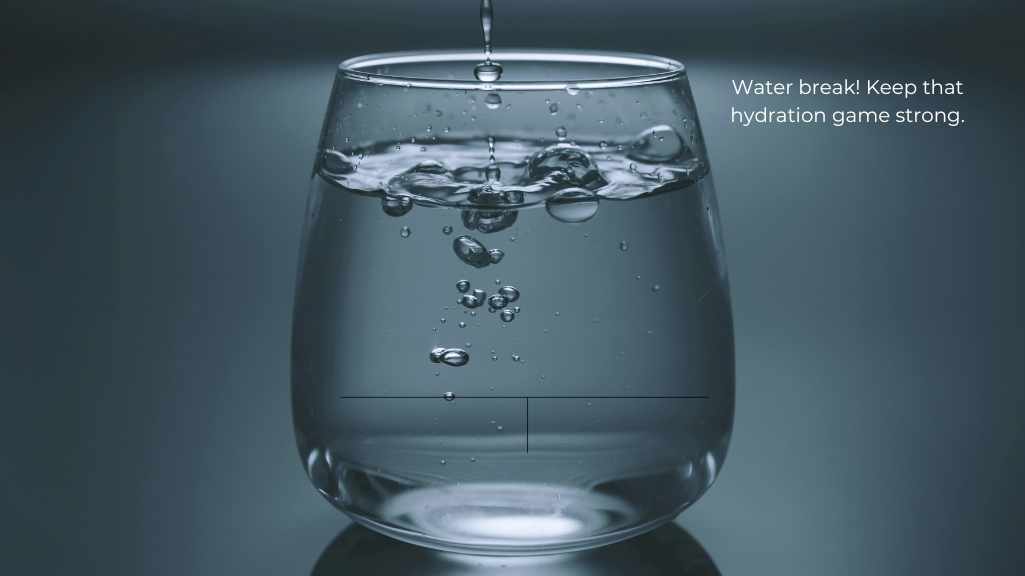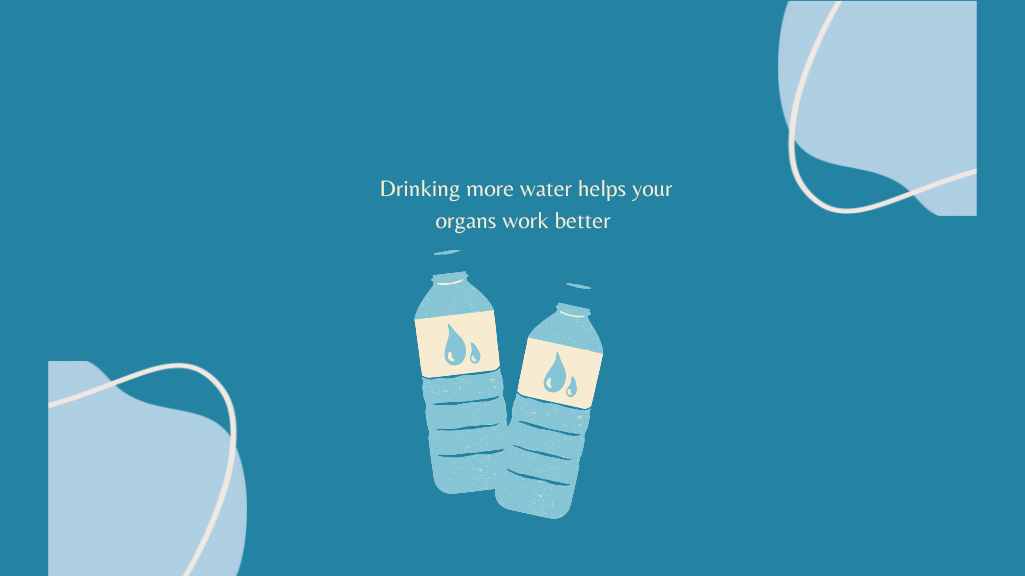Introduction: Hydration for Skin Health
Many people spend a lot of money on various skin care products, treatments and regimens in an attempt to maintain their skin as radiant and youthful as possible. However, one very important thing about skin health is often ignored, which is the aspect of hydration. It is not just for overall health but also because the way we keep our skin moist determines its elasticity and texture or even appearance. This piece looks into why hydration for skin health matters, delving into key issues, impacts, strategies and actual experiences that define how significant it is.
Table of Contents
Key Issues or Aspects
Skin Structure and Function:
This is the largest organ in the body with protective function against environmental hazards. It consists of three main layers; epidermis; dermis; subcutaneous tissue. Hydration mainly affects the outermost layer called epidermis contains water and lipids that keep it moist and flexible. If it’s dehydrated, then there will be a compromised barrier leading to dryness, flaking and dullness.
Role of Water in Skin Health:
Water plays a key role in keeping moisture content within normal limits in our skins. It helps in flushing out toxins from the system apart from providing essential nutrients to cells. Adequate hydration ensures that the activity level of these cells is up hence healthy glow.
Signs of Dehydrated Skin:
Typically, dehydrated skins manifest themselves through signs such as dryness, tightness rough texture, fine lines and loss of luster. It should however be noted that there is difference between dry skin that lacks oil from dehydrated one which lacks water too. Dehydration can occur at two levels leading to a more complicated condition.

Impact or Importance
Health & Wellness:
Well hydrated skins have more elastic powers thus are able to withstand much more conditions without breaking down. The process of natural exfoliation facilitated by sufficient hydration ensures frequent shedding off of dead skin cells to pave way for new ones. The process helps in maintaining smooth and flawless complexion that reduces chances of acne or eczema conditions arising out.
Anti-Aging Benefits:
Hydrated skins have some of the best anti-aging properties. Proper hydration makes the skin fuller and as a result, minimizes any fine lines or wrinkles that might be forming. Furthermore, it helps to make skin less susceptible to sagging or other aging factors. As we all know dehydrated skins tend to look older much earlier than their hydrated counterparts.
Barrier Function:
Skin functions as a barrier against environmental pollutants, bacteria, amongst other harmful agents; this is referred to as “barrier function”. A well-hydrated skin causes an impenetrable barrier preventing these substances from going through it a good example is infections prevention among others.
Strategies or Solutions of Hydration for Skin Health
Internal Hydration:
Drinking enough water is the most basic way to keep our skin hydrated. The amount of water one should take in on daily basis depends with individuals but on average eight 8-ounce glasses can do. Others ways that help in maintaining good overall hydration include taking fruits and vegetables rich in water content.
Topical Hydration:
Using moisturizers that contain hydrating ingredients such as hyaluronic acid, glycerin, ceramides help lock moisture inside the skin so it stays hydrated. Hyaluronic acid is an outstanding humectant which can hold up 1000 times its weight in water thus making it highly effective for hydration purposes.
Humidifiers:
One major cause of dehydration of our skins is low humidity in the environment around us. At home or workplace, we may use humidifiers which will maintain moist air hence helping retain moisture within our skin too without it drying up completely.
Dehydration is to be avoided:
The intake of substances that dehydrate the skin such as coffee and alcohol should be limited. Furthermore, refraining from taking hot showers and using harsh soaps that take away the oils on the skin can assist in maintaining moisture levels.

Case Studies or Real-life Examples
Aesthetic Enhancement through Hydration:
A case study published in “Journal of Clinical, Cosmetic and Investigational Dermatology” revealed a relationship between increased water consumption for good skin health. Participants who consumed more water within four weeks noticed remarkable improvements in their skin hydration as well as texture. The study highlights how much internal hydration is crucial for visible skin benefits.
Athletes and Hydration for Skin Health :
Since athletes engage in high-intensity exercises that lead to sweating, they often face unique challenges regarding skin hydration. For instance, research carried out on marathon runners showed that those runners who kept their bodies properly hydrated had fewer problems with their skins like chafing and dryness compared to those who were dehydrated. This example depicts the practical importance of hydration among people with high physical demands.
Conclusion Hydration for Skin Health
Skin health relies heavily on hydration which affects its appearance as well as protective properties. By understanding the significance of hydration and implementing practical strategies to maintain it, individuals can achieve and sustain a healthy, radiant complexion. Properly hydrating the body goes beyond enhancing looks; it also supports overall strength and durability of the body’s largest organ – the skin. Therefore, prioritizing hydration through both internal and external means is essential for optimal skin health.
FAQ’S Hydration for Skin Health
Why is hydration for skin Health good ?
Elasticity, texture and overall appearance of skin are maintained by hydration. Properly hydrated skin cells work optimally to encourage a smooth and glowing complexion while removing toxins from skin and providing nutrients to skin cells help keep it fresh and young looking.
What are signs of dehydrated skin?
Dehydrated skin may manifest as dryness, tightness, roughness, fine lines or dullness. It is important to differentiate between dry skin that lacks oil and dehydrated skin that lacks water since both conditions can cause a compromised barrier to the entry of external factors in addition to aggravating one another.
How much water should I drink to maintain moisturized skin?
Water intake varies depending on individual needs but usually about eight 8-ounce glasses per day is a good place to start. This also helps to prevent dehydration in the whole body thus supporting healthy looking skins. Incorporating hydrating fruits and vegetables into one’s diet can be useful too.
Which ingredients should I look for in my skincare products if I want them with hydration purposes?
Examples of such ingredients include hyaluronic acid, glycerin, ceramides among others. In particular hyaluronic acid can hold 1 gram of water in every milliliter thereby being an excellent hydrator. These substances help moisturize the face without drying out its natural moisture levels.
Can using a humidifier help with keeping my skin hydrated?
Yes, it does because using a humidifier helps maintain moist air especially when residing in regions having low humidity. Low humidity during winter or in air-conditioned places may lead to drying of the epidermis; hence causing itching or other discomforts associated with dryness. Humidifiers add moisture to the air so that it keeps your skin well-hydrated.

